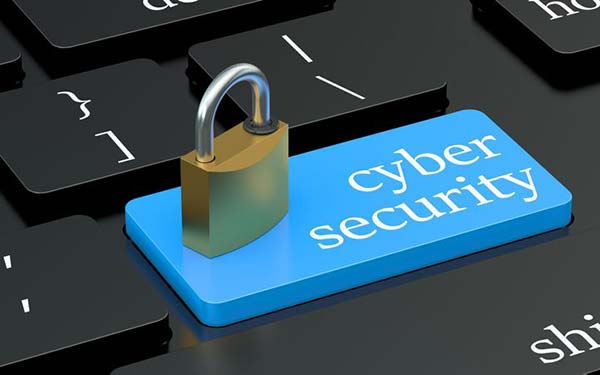
Cyber-attacks to your business are typically blamed on your computer hacker, that individual that writes malicious code that is designed to infiltrate your systems and steal confidential data, such as financial information. But there are those instances when such threats originate from within the company, due to ignorance on an employee’s part, as they unknowingly open the door to cyber criminals. In this article I will be presenting you with a number of tips you can use to educate your employees about cyber security. It’s very important that your employees are well versed in this area, in order to prevent any potential data breaches. So don’t get caught sitting down, make those policies, which should be geared towards protecting your employees and your company from infiltration.
1. Social Engineering Should Get The Attention It deserves
While at work in your corporate setting, you should be aware of the pitfalls tied to blogs, social media, unsolicited links and the like.A lot of these cyber situations occur with an initial phone call, usually from someone pretending to be a co-worker asking you odd questions in their attempt to gather information about you and the company.
These cyber criminals are very difficult to point out, as rarely do they ever fit any sort of stereotype.
2. Recognising An Attack
Your employees should be trained in order to identify an attack. All organisations should have policies in place that assume that they will one day be infiltrated. You don’t want to be caught with your pants down. You want your remediation plan in hand, one that you can constantly review and update where applicable. You want to provide employees with step-by-step instructions on what they should do in the event that they are witness to an incident.In the training you want to provide employees with the rules on proper browsing, emailing, utilisation of social networks and mobile devices. There are also the basics to include, such as unplugging machines from networks, and notifying the proper authorities about unsolicited emails, and loss of devices. All employees should have quick and easy access to an IT professional in the event of a mishap.
3. Test Your Employees Knowledge On Cyber Security
You want the test to be relevant to situations that may occur in real life.You also want to make such tests engaging with the necessary incentives, so as to get the desired response.
4. Never Undermined Your Employees Who Raise A Red Flag
Even if the red flag is a false alarm, it’s important that you do not discourage your employees for attempting to highlight a potential issue.If you’re frequently experiencing false alarms, then you may want to revise your approach to training.

5. Notifications
If anything out of pocket occurs, then you want your employees to be up to speed, as soon as possible. If a cyber-incident is not properly handled or lacks transparency, this can have an adverse effect on the event. Your employees should be trained on how to properly speak to the press and the public about these kinds of incidents. A PR strategy and a communication plan should thus, be in place before anything like this ever happens. You should also consider insurance, for incidents just like this.6. IT Staff And Top Management Are Also Employees
Top managers are typically the target of these cyber criminals; this is because they tend to have:- More information than anyone else.
- Rules are typically created and/or altered to accommodate them.
- The financial payoff tends to be much larger.
- Their unlimited power on the company network puts everyone at risk.


0 comments:
Post a Comment